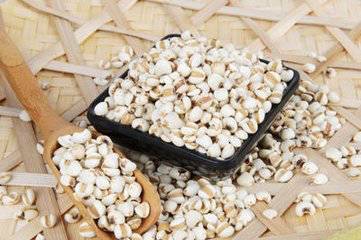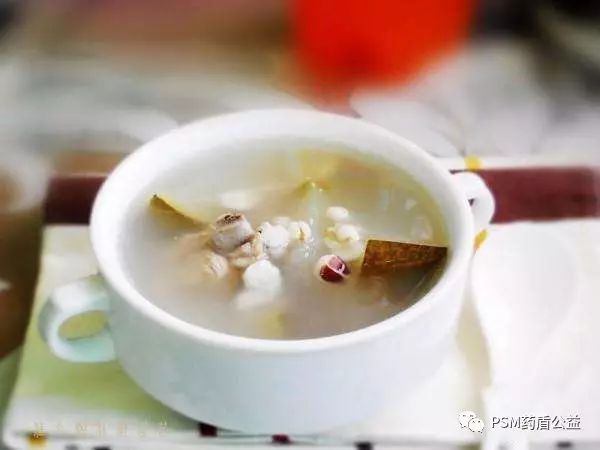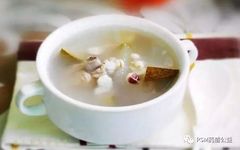Author: Ma Li, Nutrition Department, Shanghai Yueyang Integrated Traditional Chinese and Western Medicine Hospital
Coix seed, also known as Yi Yi Ren (薏苡仁), is the dried mature seed of the plant Coix lacryma-jobi, which belongs to the Poaceae family. It is cultivated in various regions of China, with Hebei and Liaoning being the most prominent. The seeds are harvested in autumn when the fruits mature, dried, and then the seeds are separated from the husks and impurities. The collected seeds are known as Coix seed, which has high nutritional, health, and medicinal value.



The Culinary Value of Coix Seed
Coix seed is rich in nutritional value and is hailed as the king of Poaceae plants. It not only contains high protein but is also rich in vitamin B, iron, dietary fiber, etc., making it a nutritionally balanced grain. Compared to rice, Coix seed has a lower starch content but higher crude protein and crude fat, being 2 and 5.8 times that of rice, respectively. The essential fatty acid linoleic acid in its oil can reach as high as 46%. Additionally, the vitamin B1 content in Coix seed is 2.5 times that of rice, and its iron content is 2.4 times higher, with other trace elements like copper and zinc also being more abundant than in rice. Coix seed has relatively low calories and higher nutritional value than rice, making it a highly valuable food ingredient.
The Medicinal Value of Coix Seed
Coix seed has a sweet and bland taste, a slightly cold nature, and is associated with the spleen, stomach, and lung meridians. It has effects such as promoting urination and draining dampness, strengthening the spleen and nourishing the lungs, and alleviating pain. It can be used to treat diarrhea, damp bi syndrome, muscle spasms, difficulty in flexion and extension, edema, beriberi, lung atrophy, lung abscess, intestinal abscess, turbid urination, and leukorrhea. Coix seed is slightly cold but does not harm the stomach, benefits the spleen without being greasy, and has a mild medicinal property, making it a good remedy for clearing and tonifying while promoting dampness.
Modern pharmacological studies have confirmed that Coix seed extracts have anti-cancer, anti-inflammatory, blood sugar-lowering, and immune-boosting effects. These benefits are related to the rich content of coixenolide, sterols, alkaloids, glucans, and coix polysaccharides in Coix seed.
Precautions for Use
1. People with spleen deficiency and no dampness, constipation, and pregnant women should use with caution;
2. Individuals with a cold constitution are advised to consume Coix seed prepared with ginger juice or lightly stir-fried until warm;
3. Coix seed is difficult to cook; it should be soaked in warm water for 2-3 hours before cooking to allow it to fully absorb water, and then cooked with other grains;
4. When cooking Coix seed, avoid adding alkaline substances to prevent the destruction of various vitamins.
Recipe Example


Coix Seed and Winter Melon Soup
Ingredients: 50g Coix seed, 300g winter melon, ginger, scallions, fine salt, and sesame oil to taste.
Method: Clean the Coix seed to remove impurities; wash the winter melon with skin and cut into pieces; place the Coix seed, winter melon, scallions, and ginger in a stewing pot, add 1800ml of water, bring to a boil over high heat, then simmer for 35 minutes over low heat; finally, add salt and sesame oil to complete.
Effects: This soup is light and refreshing, with effects of beautifying the skin, promoting urination, eliminating dampness, and quenching thirst.
Reviewed by: Zhu Quangang, Shanghai Skin Disease Hospital
Second Review: Zhou Yuan, Guangzhou University of Chinese Medicine

Long press the QR code to follow us
Get more knowledge about safe medication
Click “Read More” to visit the Drug Safety Cooperation Alliance website

